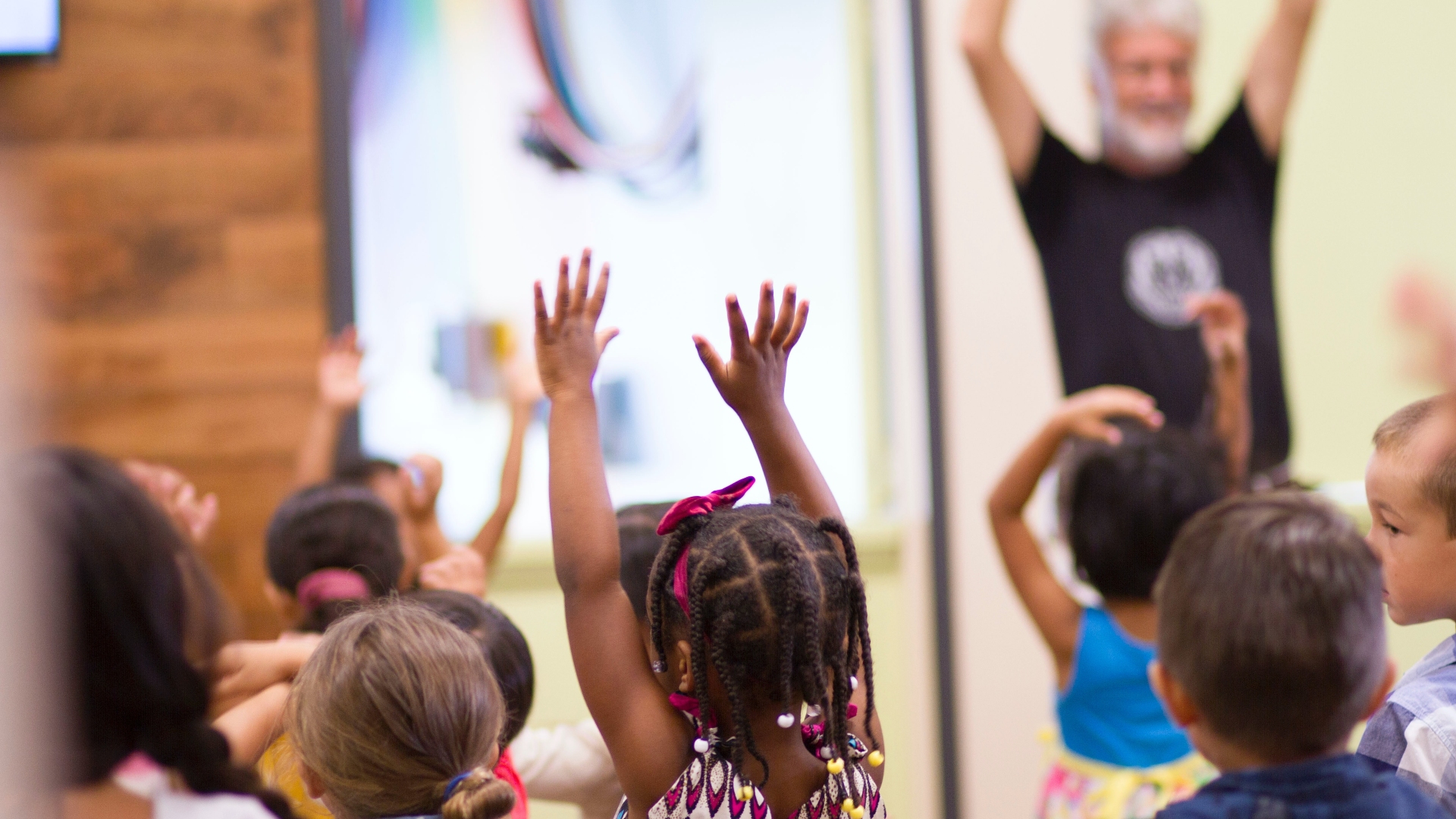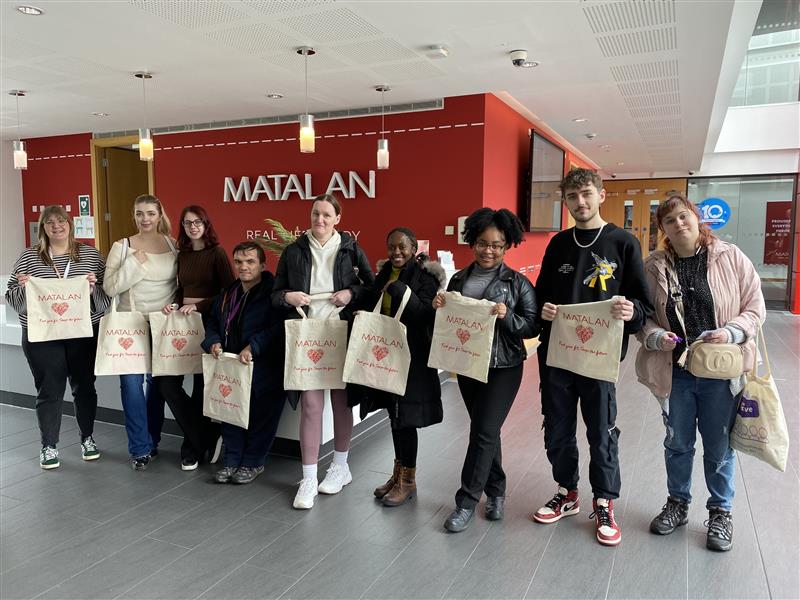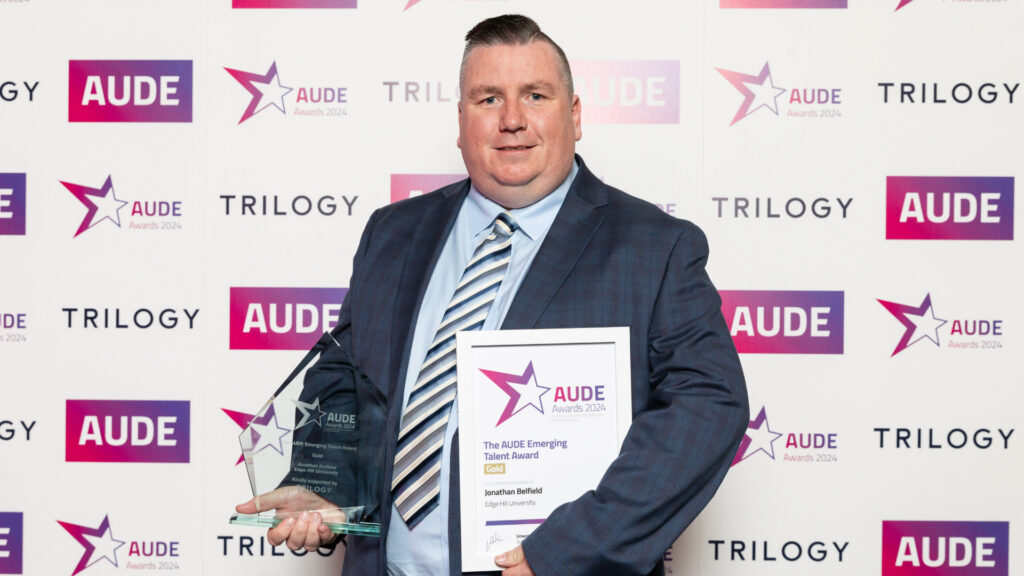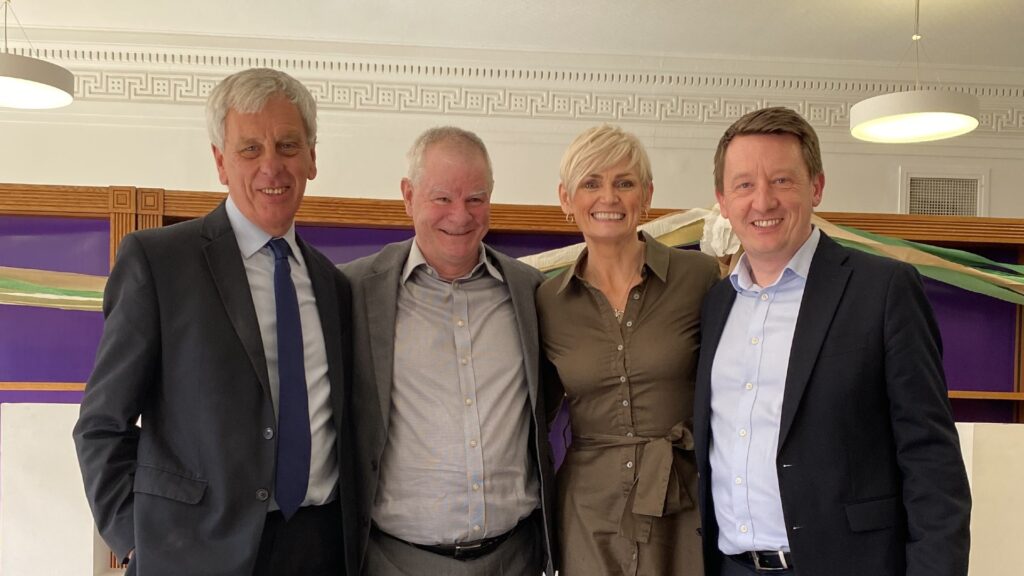Dr Supritha Aithal’s study, A Dance Movement Psychotherapy Intervention for the Wellbeing of Children with an Autism Spectrum Disorder, won the American Dance Therapy Association Research Award for 2022.
Through the study, which was supported by the Research Centre for Arts and Wellbeing, Dr Aithal developed and evaluated a creative dance movement psychotherapy model for children on the autism spectrum and their caregivers.
Dance movement psychotherapy (DMP) falls within the broader umbrella of arts therapies where the body, movement and dance can be used creatively as a tool to help people communicate emotionally, physically and socially.

“Sustaining wellbeing for children with autism can be highly demanding.
“This research project helped to establish that DMP, a non-verbal form of psychotherapy, can have a positive effect on the social and emotional wellbeing of autistic children.
“Our findings offer preliminary evidence that DMP can be useful to enhance the wellbeing of caregivers as well as children on the autism spectrum.
“I’m so proud to be honoured with the American Dance Therapy Association Research Award in recognition of this work.”
Dr Supritha Aithal
Dr Aithal’s study was published as part of her doctoral thesis supported by Professor Vicky Karkou, Dr Joanne Powell, Dr Stergios Makaris and Dr Themis Karaminis at Edge Hill University.
The pilot intervention showed a positive impact on the wellbeing of autistic children irrespective of whether they preferred verbal or non-verbal communication.
Over the course of six months, the intervention was offered to nine groups of children and caregivers in two special educational needs schools in North West England.
The sessions also encouraged children to engage in various levels of sensory-motor activities, creative, playful and improvisational movements.
Particularly with children, improvements in social and emotional wellbeing were noticed with the use the non-verbal and creative elements in intervention.
The pilot intervention has shown promising results and highlights the value of creative therapies for improving the lives of vulnerable groups.
November 29, 2022



